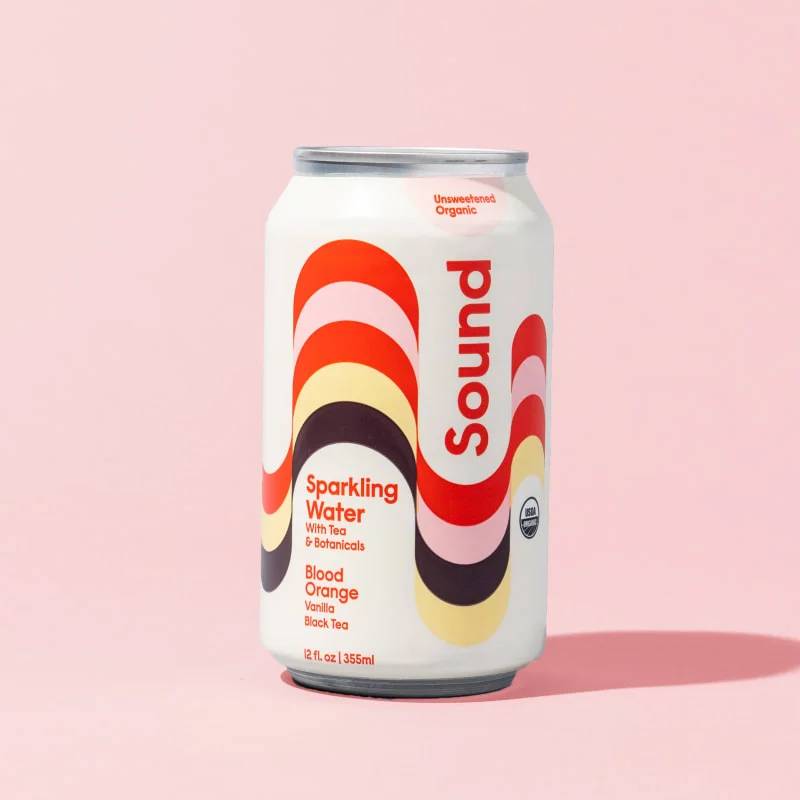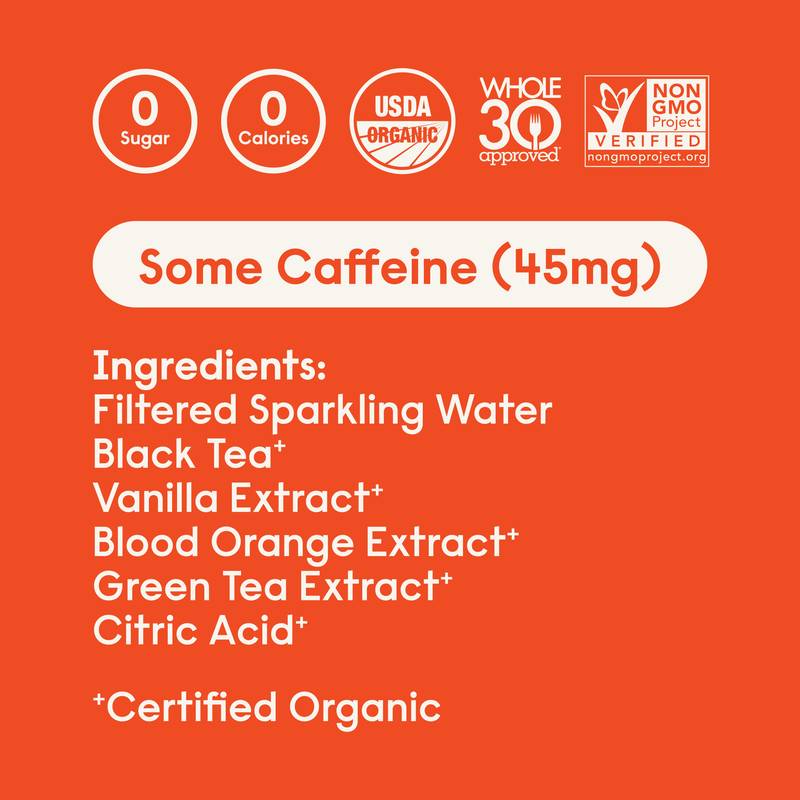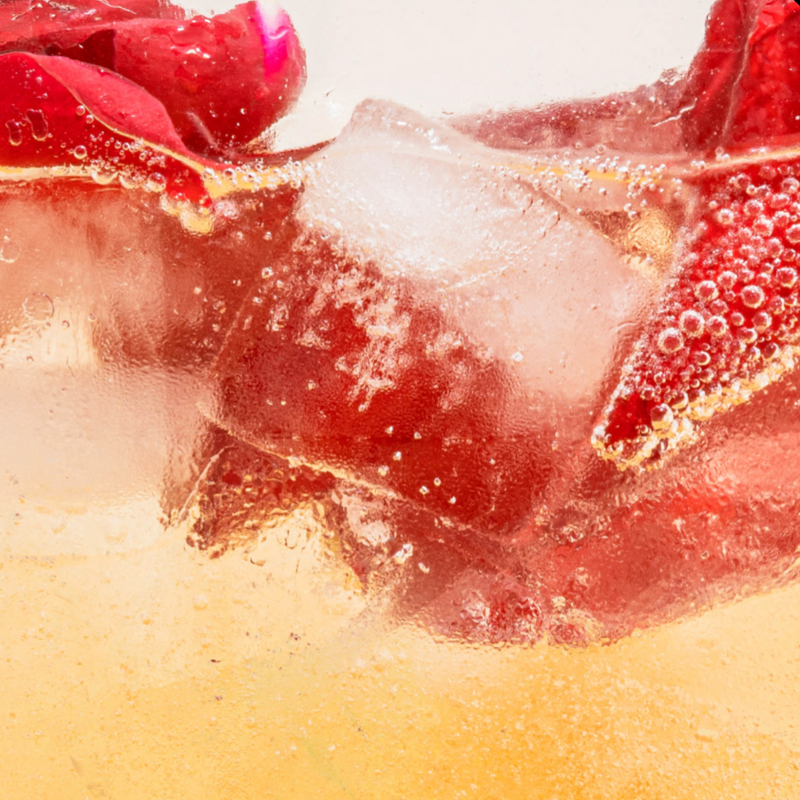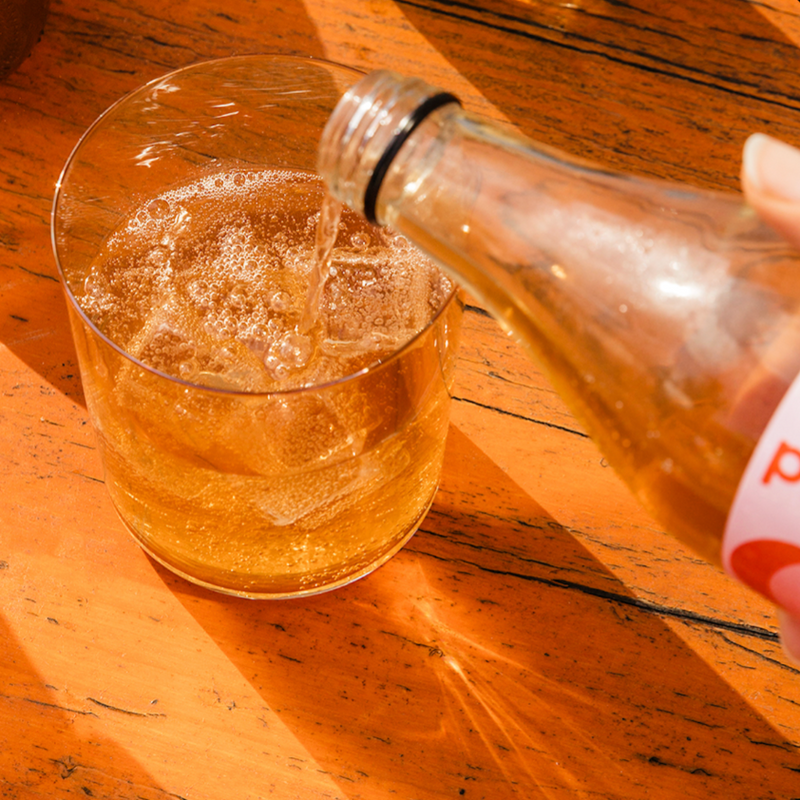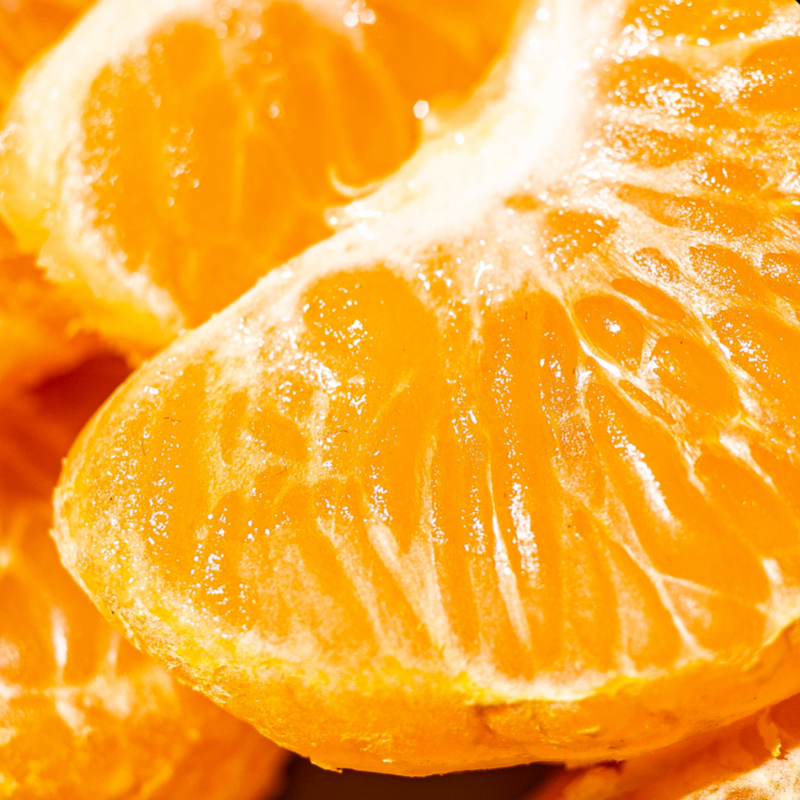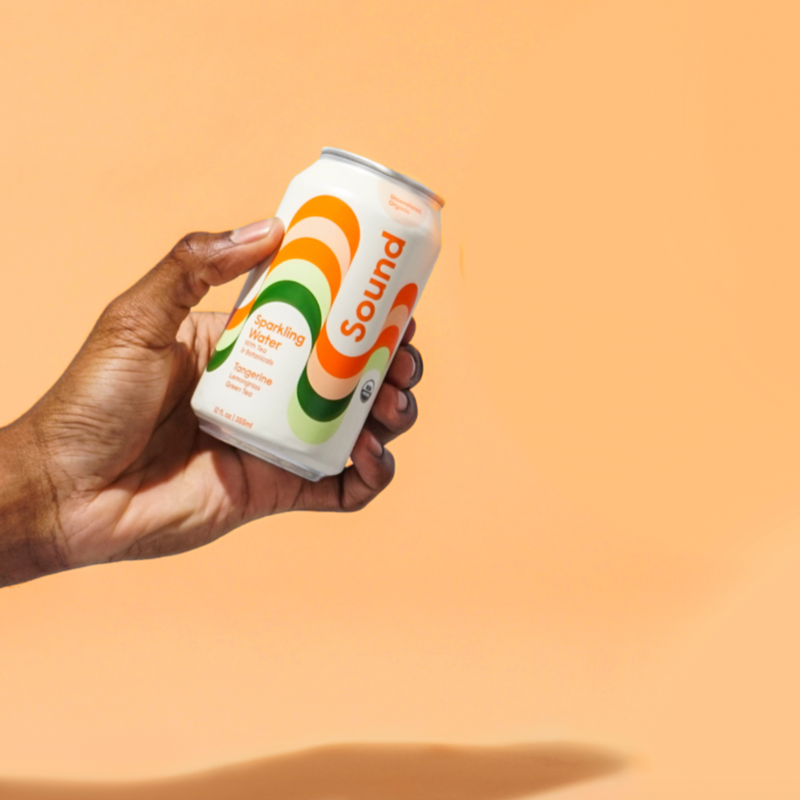Nutrition labels are, in part, sometimes meant to be a little confusing. Every brand is striving to find ways for you to choose to spend your dollars on them, so sometimes lines do get a bit blurred when it comes to stating the facts. Terms like 'unsweetened' and 'no added sugar' does not mean there's no natural sugar in there - it doesn't mean it is sugar-free. For example, OJ may say 'no added sugar' but there's tons of natural sugar in orange juice, which is still going to raise your blood sugar plenty. On the other hand, sugar-free doesn't mean sweetener-free; maybe there's no sugar inside but there very well might be a natural or artificial sweetener like sucralose hidden in the ingredient list
Our on-staff Registered Dietitian / holistic nutritionist, Lauren, has taken over our blog today to help make nutrition label reading a little less confusing, helping you choose products to fuel you. We often focus on foods when it comes to nutrition label reading, but beverages are important too - check out this video Lauren put together to make it all make more sense 🥰
Be a detective. Sugar has a lot of code names: molasses, brown sugar, different types of syrup, agave, fruit juice, sucrose, the list goes on & on. So as consumers, we're forced to do a little detective work and look beyond just searching for the word 'sugar' on the ingredient list. Especially if the sugar form is included as one of the first 3-5 ingredients on the label, it's likely a pretty good idea to steer clear. The ingredients listed first are the heaviest within that product so if let's say, brown rice syrup (like below) is listed as the first ingredient, quite a lot of that product is sugar so I'd say to grab a different option.

And what about 'sugar-free'? Oftentimes those 'sugar-free' options include a sugar replacement. These aren't necessarily all bad, but likely it's a good idea not to overdo it on them. Some can even cause some pretty significant gastrointestinal discomfort (think: gas/bloating).
Lauren's verdict: If a form of sugar is one of the first few ingredients, skip it. Avoid sugar alcohols (ie sorbitol) if you tend towards gas & bloating. Natural sweeteners like stevia, monkfruit and allulose can be OK here and there. Looking for some real life examples? See below for some of my favorite snack swaps!
Decode 'total carbs'. The carbohydrate section of a nutrition label is a bit of a mystery in itself. The carb section has two subsections: fiber & sugar. Often what we do as consumers is look at sugar and if it's pretty low, we say 'good to go!' but the story is a bit more complicated than that. To truly understand how much of your carbohydrate is sugar, you want to take total carbohydrate, subtract fiber and that number is equivalent to the sugar your body is going to break down.
So using the example here, 45 - 6 = 39gm. That is the total amount of carbohydrate that your body will digest as sugar (not 6gm). That's equivalent to about 2.5 slices of conventional sliced bread.

*All of this is general nutrition education, not advice. Consult your healthcare team for the best plan for you.
